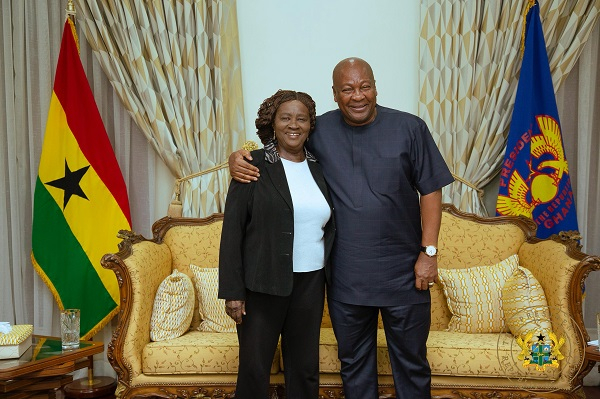Call for Papers - Half a Century of Regional Integration: The Evolution and Future Trajectory of ECOWAS
Established in 1975 with the signing of the Treaty of Lagos, the Economic Community of West African States (ECOWAS) was founded to promote economic cooperation and regional integration among its 15 member states. Over the past fifty years, ECOWAS has grown into one of Africa's most dynamic regional organizations, serving as a vital platform for addressing the political, economic, and social challenges of West Africa. Its evolution has been marked by ambitious initiatives, significant achievements, and persistent obstacles, making it a compelling subject for academic inquiry and policy reflection.
The founding vision of ECOWAS was rooted in the principles of economic integration and collective self-reliance. Initially focused on fostering trade liberalization and economic cooperation, the organization quickly expanded its mandate to encompass political stability, security, and social development. Over the decades, ECOWAS has established key institutions, including the ECOWAS Commission, the West African Monetary Agency, and the ECOWAS Parliament, to implement its goals. ECOWAS has made notable strides in fostering regional integration. Its free movement protocol has facilitated the mobility of people, goods, and services across member states, while its common external tariff and trade policies have laid the groundwork for a single market. The organization's peacekeeping efforts, led by the Economic Community of West African States Monitoring Group (ECOMOG), have been critical in resolving conflicts and promoting democratic governance in the region.
As ECOWAS marks its 50th anniversary, it stands at a crossroads. The need to adapt to new realities such as the African Continental Free Trade Area (AfCFTA), advancements in digital technology, and the evolving security and governance challenges has never been more urgent. The Sahel’s exit from ECOWAS governance has added a complex dimension to these challenges. The rise of military-led governments in the region underscores deeper socio-political and economic issues, including governance failures, pervasive insecurity, and limited economic opportunities. These shifts have disrupted the regional balance, complicating ECOWAS’s mandate to foster peace and democracy. Against this backdrop, ECOWAS faces a future that demands resilience, reform, and a renewed commitment to its founding principles.
This edited volume, Half a Century of Regional Integration: The Evolution and Future Trajectory of ECOWAS, aims to provide a comprehensive analysis of the organization's achievements, challenges, and prospects. By bringing together insights from scholars, policymakers, and practitioners, this book seeks to critically evaluate the trajectory of ECOWAS and offer innovative strategies for strengthening its role as a driver of regional integration in Africa.
The book will explore a broad range of themes, including the historical evolution of ECOWAS, its economic and monetary policies, peace and security initiatives, social and cultural dimensions, environmental governance, and international partnerships. It will also examine the interplay between ECOWAS and continental frameworks like the African Union and AfCFTA, highlighting the organization's contributions to Africa’s broader integration agenda.
Academics, policymakers, researchers, and practitioners are invited to contribute to this landmark publication by submitting a chapter proposal aligned with the outlined themes. Abstracts should clearly articulate the proposed chapter’s focus, methodology, and contribution to the broader objectives of the book.
The book volume will be edited by of the University of Benin and of the University of Jos.
Abstracts should be no more than 300 words and include the title, author(s)’ name(s), affiliation(s), and contact information.
December 2025.
Submission Process: Abstracts and full papers should be submitted via email to [email protected] and copied to [email protected] and [email protected].
For inquiries, please contact Dengiyefa Angalapu/Research Analyst at [email protected] or +2348165114913









